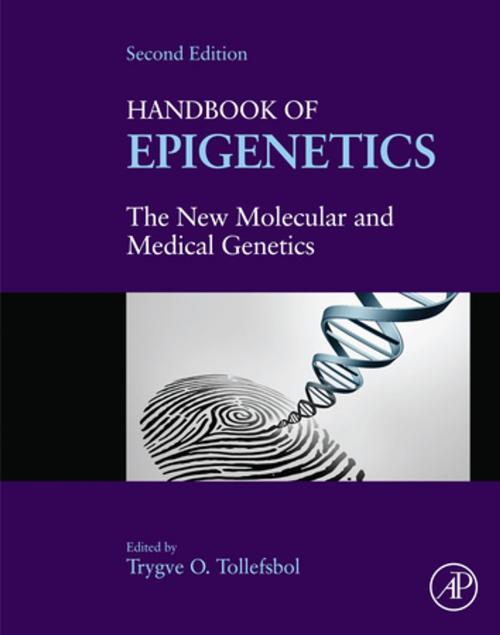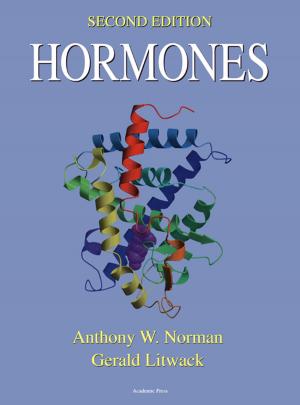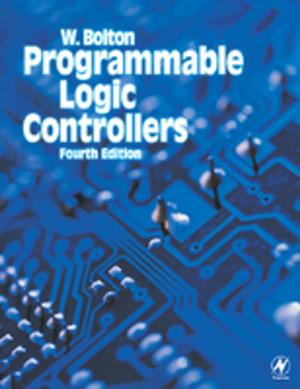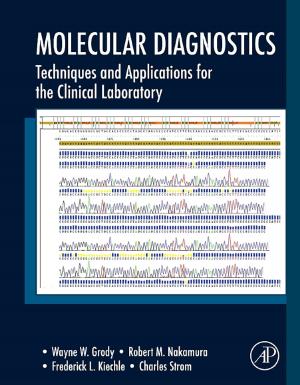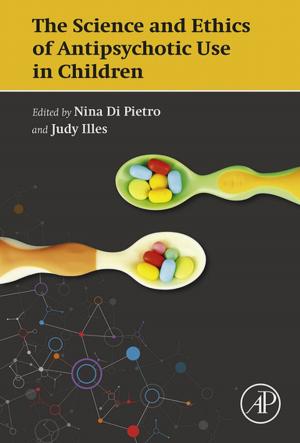Handbook of Epigenetics
The New Molecular and Medical Genetics
Nonfiction, Science & Nature, Science, Biological Sciences, Genetics| Author: | ISBN: | 9780128054772 | |
| Publisher: | Elsevier Science | Publication: | July 10, 2017 |
| Imprint: | Academic Press | Language: | English |
| Author: | |
| ISBN: | 9780128054772 |
| Publisher: | Elsevier Science |
| Publication: | July 10, 2017 |
| Imprint: | Academic Press |
| Language: | English |
Handbook of Epigenetics: The New Molecular and Medical Genetics, Second Edition, provides a comprehensive analysis of epigenetics, from basic biology, to clinical application. Epigenetics is considered by many to be the new genetics in that many biological phenomena are controlled, not through gene mutations, but rather through reversible and heritable epigenetic processes. These epigenetic processes range from DNA methylation to prions. The biological processes impacted by epigenetics are vast and encompass effects in lower organisms and humans that include tissue and organ regeneration, X-chromosome inactivation, stem cell differentiation, genomic imprinting, and aging.
The first edition of this important work received excellent reviews; the second edition continues its comprehensive coverage adding more current research and new topics based on customer and reader reviews, including new discoveries, approved therapeutics, and clinical trials. From molecular mechanisms and epigenetic technology, to discoveries in human disease and clinical epigenetics, the nature and applications of the science is presented for those with interests ranging from the fundamental basis of epigenetics, to therapeutic interventions for epigenetic-based disorders.
- Timely and comprehensive collection of fully up-to-date reviews on epigenetics that are organized into one volume and written by leading figures in the field
- Covers the latest advances in many different areas of epigenetics, ranging from basic aspects, to technologies, to clinical medicine
- Written at a verbal and technical level that can be understood by scientists and college students
- Updated to include new epigenetic discoveries, newly approved therapeutics, and clinical trials
Handbook of Epigenetics: The New Molecular and Medical Genetics, Second Edition, provides a comprehensive analysis of epigenetics, from basic biology, to clinical application. Epigenetics is considered by many to be the new genetics in that many biological phenomena are controlled, not through gene mutations, but rather through reversible and heritable epigenetic processes. These epigenetic processes range from DNA methylation to prions. The biological processes impacted by epigenetics are vast and encompass effects in lower organisms and humans that include tissue and organ regeneration, X-chromosome inactivation, stem cell differentiation, genomic imprinting, and aging.
The first edition of this important work received excellent reviews; the second edition continues its comprehensive coverage adding more current research and new topics based on customer and reader reviews, including new discoveries, approved therapeutics, and clinical trials. From molecular mechanisms and epigenetic technology, to discoveries in human disease and clinical epigenetics, the nature and applications of the science is presented for those with interests ranging from the fundamental basis of epigenetics, to therapeutic interventions for epigenetic-based disorders.
- Timely and comprehensive collection of fully up-to-date reviews on epigenetics that are organized into one volume and written by leading figures in the field
- Covers the latest advances in many different areas of epigenetics, ranging from basic aspects, to technologies, to clinical medicine
- Written at a verbal and technical level that can be understood by scientists and college students
- Updated to include new epigenetic discoveries, newly approved therapeutics, and clinical trials
